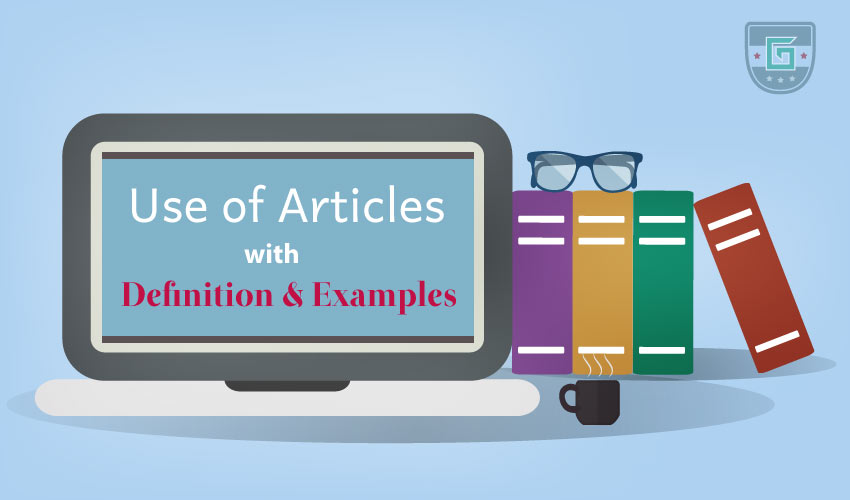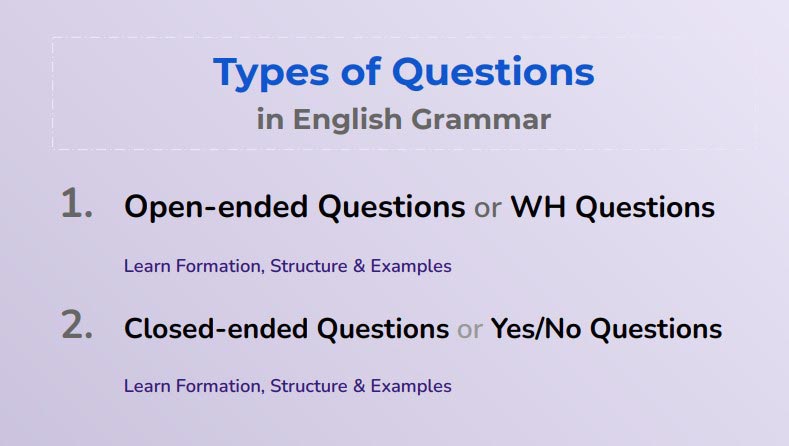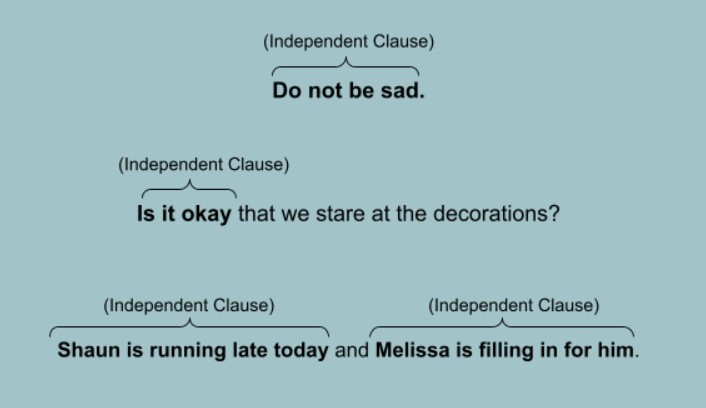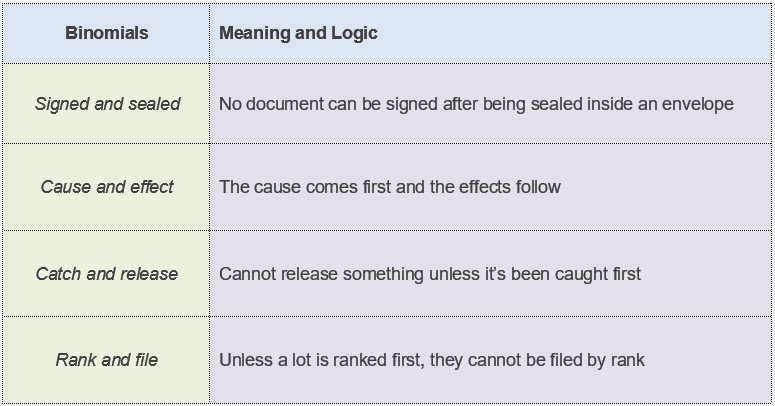Rules of Using Articles with Examples

Definite article or Indefinite article, each of the articles has different uses in different situations.
Using Indefinite Article: a & an
Rule 1:
A common noun in the singular number always requires an article before it. But a plural common noun does not require an article always. A plural common noun can have the article ‘the’ if we want to particularise that noun.
Example:
- I saw a snake. (Refers to a random snake)
- I saw snakes in a zoo. (No article is required)
- I have seen the snake again. (Refers to the snake I have already seen earlier)
- I have seen the snakes again before leaving the zoo. (Refers to the particular snakes of the zoo which I saw earlier.)
Rule 2:
The choice between the two indefinite articles – a & an – is determined by sound. Words beginning with consonant sounds precede ‘a’ and words beginning with vowel sounds precede ‘an’. There are some special cases also. For instance,
- a university, a union, a useful book, etc.
- a one-dollar note, a one-man army, etc.
- an MA, a BA, an LLB, a BSC, etc.
Rule 3:
A or an - sometimes makes a Proper Noun a Common Noun. Proper nouns generally do not take any articles, but when a proper noun needs to be used as a common noun, you must bring a or an - for it.
Example:
- He thinks he is a Shakespeare. (Here, ‘Shakespeare’ does not refer to the actual person but someone like him.)
- He seems to be an Australian. (‘Australia’ is a proper noun but ‘Australian’ is a common noun because there is only one Australia but a million of Australians.)
Rule 4:
Sometimes indefinite articles are used to refer the number ‘one’/’each’/’per’.
Example:
- I earned a thousand dollar in that job. (One thousand dollar)
- I have a car. (One car)
- It goes 50 miles an hour. (Per Hour)
Rule 5:
Indefinite articles often precede descriptive adjectives.
Example:
- He is a good boy.
- What a nice car!
Rule 6:
‘A’ sometimes comes before determiners, for example, a few, a little, a lot of, a most, etc. but in the case of many, a or an - comes after.
Example:
- I have a few friends coming over.
- There is a little milk in the jar.
- Many a fan welcomed
Using Definite Article: the
Rule 1:
‘The’ is used to indicate a particular person(s) or thing(s) in the case of common nouns. Proper nouns generally do not take an article.
Example:
- The man is running. (A particular man)
- I saw the boy stealing.
- Where is the pen I gave you last year?
- I gave him a ball, but he lost the ball. (‘a ball’ became ‘the ball’ in the second clause because that ball was not a random ball anymore.)
Rule 2:
Sometimes ‘the’ is used to generalize a group/whole class.
Example:
- The dog is a faithful animal. (Refers to the whole species of dog.)
- The English are industrious. (Refers to the people of England as a nation)
- The honest are respected. (The+adjectives = plural noun)
- The poor are not always dishonest. (The+adjectives = plural noun)
Rule 3:
To particularise a non-count noun ‘the’ is required before it.
Example:
- The water of the Arctic ocean is freezing.
- Please return the money I lent you last year.
Rule 4:
‘The’ is mandatory before a thing which is only one of a kind in the universe.
Example:
- The moon is shining tonight.
- The earth is moving around the sun.
Use of ‘the’ before geographical places :
Rule 5:
Using ‘the’ with geographical nouns generally depends on the size and plurality of the things those nouns refer to. ‘The’ is generally used everywhere except some cases. So, it’s better to know those exceptions first.
‘The’ must not precede:
- Names of continents: Asia, Europe, Australia, Africa, South America, North America, Antarctica.
- Names of countries: Australia, Bolivia, England, France, Spain, etc.
- Names of states, cities, or towns: Los Angeles, Alaska, Sydney, London,
- Names of streets: George street, Albion Street, New town street,
- Names of singular lakes and bays: Lake Carey, Lake Eyre, Lake Hillier, Shark Bay,
- Names of single mountains: Mount Everest, Mount Solitary, Mount Bindo, Mount Fuji, etc.
- Names of single islands: Easter Island, Bare Island, Bird Island, Fatima Island,
- Names of languages: Spanish, Russian, English, (When ‘the’ precedes these nouns, they refer to the population of those languages.)
- Names of sports: cricket, football, basketball,
- Names of discipline/subject of studies: biology, history, computer science,mathematics,
Note:
‘The’ is a widely used article in English. Except for the list mentioned above and proper nouns, ‘the’ is used before almost all the nouns which mean something definite/particular. The above list has some opposite factors also. Those factors are explained in the following list:
‘The’ must precede:
- Names of oceans, gulfs, seas, and rivers: the Pacific, the Atlantic, the Coral Sea, the Timor Sea, the Persian Gulf,the Nile, the Murray River, the Darling River, etc.
- Names of countries with united states or islands: the United States of America (the USA), the UK, the UAE, the Philippines, etc.
- Names of great lakes: the Great Lakes, the African Great Lakes
- Names of mountain ranges: the Himalayas, the Alps, the Andes, etc.
- Names of a group of Islands: the West Indies, the Andamans, etc.
Grammar
Read More
- How to Use "Therefore" in Sentences Avoiding Common Mistakes
- How to Use "Whereas" with Examples and Avoid Common Mistakes
- When and How to Use "Thus" Correctly Without Common Mistakes
- How to Use "On the Contrary" Properly with Meaning and Examples
- When and How to Use "Either/Or" with Examples and Common Mistakes to Avoid
- How to Use "On the Other Hand" Effectively without Mistakes
- How to Use "Respectively" with Example and Common Errors to Avoid
- How and When to Use "Moreover" Without Mistakes
- How to Use "Likewise" in Sentences Based on Context & When not to Use
- When & How to Use "Although" in Sentences to Avoid Mistake




